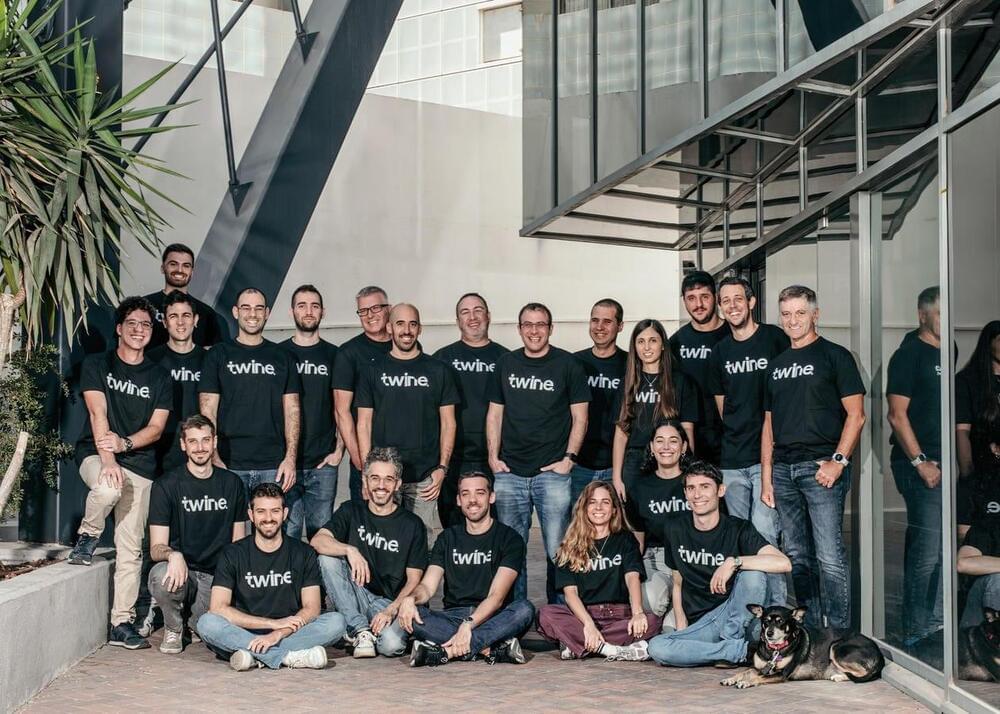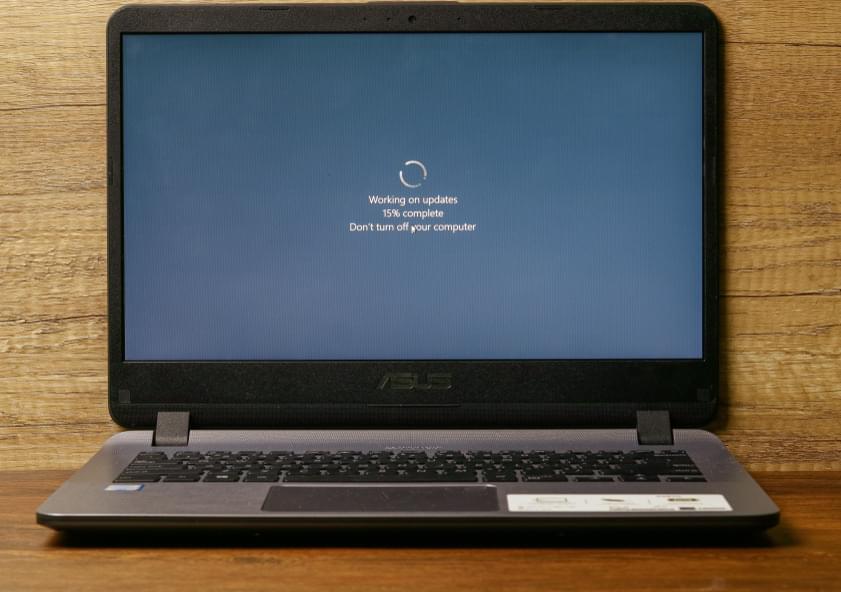Coming out of stealth, cybersecurity startup Twine announced today $12 million in seed funding, co-led by Ten Eleven Ventures and Dell Technologies Capital, with participation from angel investors including the founders of Wiz. Twine plans to address cybersecurity’s critical talent shortage by developing AI agents or “digital employees” to augment companies’ security teams. Alex, Twine’s first digital employee, is an expert in identity and access management or IAM.
Alex is deployed as a SaaS platform, connecting to different systems within the customer’s environment. “The user interacts with the Alex interface in order to ask him questions or assign tasks,” explains Benny Porat, Twine’s co-founder and CEO. “For any task assigned, Alex creates a plan, seeks approval, provides full visibility, and proceeds with an A-to-Z execution of the plan.”
In a report published a few months ago, the World Economic Forum warned that the “cybersecurity industry faces a critical global shortage of nearly 4 million professionals.” This at a time when the rapid adoption of cloud computing, remote work and new AI solutions has significantly increased the number of cyber attacks.









